The fast-growing field of psychedelic research is left with some big shoes to fill. Last month, a pioneering MDMA research study led by Dr. Monnica T. Williams which focused on healing post-traumatic stress disorder (PTSD) in people of color was terminated early after completing its pilot stage.
Dr. Williams explained that this type of clinical trial proceeds in three stages. In the first pilot stage, the research team works with one participant given MDMA with no placebo. Following the pilot are two randomized stages in which participants are divided into two groups, with one given the active drug and the other a placebo.
Dr. Williams’ team completed the pilot stage but is not proceeding to the randomized portion, which is the most consequential for collecting research data. “It was really difficult to get this work done at the UConn Health Center, as there were many bureaucratic obstacles that were not necessary and impeded the work,” she said.
The research team was required to base their study at the university hospital, whereas the protocol was designed for an outpatient facility. “We were not able to move the study to another location that would have been more favorable for completion,” she said.
“We also weren’t allowed to use a DEA-licensed MDMA prescriber of our choice, and were instead forced to use a health center psychiatrist,” Dr. Williams said. “The person we were given didn’t have the experience or qualifications to do this kind of work. He ended up in over his head, then he abruptly resigned.” The University of Connecticut did not respond to request for comment on this story.
The loss of the DEA-licensed psychiatrist imperiled the future of the study as it would take several more months to find a replacement. Because MDMA is classified as a Schedule I substance under the Controlled Substances Act, anyone researching it must register with the Drug Enforcement Administration (DEA). The DEA states that more than 590 researchers are registered to study Schedule I substances as of December 2017.
“A lot of the value of our site was partially symbolic, but also a big wake-up call for how we need to do research differently for it to be inclusive for people of color,” Dr. Williams said. “Even though we’re not proceeding, I do think we accomplished our goals in raising awareness of these problems in the larger community.”
Doing this special kind of research was never easy. From the outset, Williams and her team ‘self-imposed’ certain difficulties on their work to realize their goal of creating a diverse research project focused on people of color.
They recruited their researchers carefully, emphasizing working with researchers and therapists from Black, Latino, or other minority communities. This was difficult because people of color are already underrepresented in the mental health field, let alone in the even smaller psychedelic field.
They had a similar approach to recruiting participants. Though the team was deluged with emails and requests from people interested in taking MDMA for the study, they wanted to focus on recruiting people of color within the local community.
This meant they had to raise awareness of the study through word-of-mouth. Dr. Williams and her team worked to build trust and goodwill on campus and in the community to find appropriate and willing participants, since some in the community could be skeptical of a psychedelic study for PTSD therapy.
Looking ahead, Dr. Williams hopes to continue this research, in spirit, through the FDA’s expanded access program. This allows a healthcare provider to treat patients with a drug not yet approved for market but which the FDA recognizes as having significant treatment potential. Essentially, Dr. Williams may continue studying MDMA treatment for patients through her private practice in Tolland, CT.
“In some ways this is better than the randomized study because everyone will get MDMA,” Dr. Williams said. “But people have to pay out of pocket for treatment, and the cost is probably outside the means of most people. So we’re looking into ways we can fundraise to make it more affordable for people we’re trying to reach with the treatment.”
The protocol would be very similar to the one used in her research. This form of MDMA treatment is very expensive, as it involves two psychotherapists assigned to each patient. The treatment proceeds through three guided MDMA sessions, as well as pre- and post-therapy sessions. Dr. Williams estimates the entire treatment process comprises about 20 sessions and costs between $12,000 and $20,000.00.
Of course, this presents a real challenge—how do you offer this treatment to populations that have higher uninsured rates and may not even be able to afford it? Dr. Williams is encouraging therapists to meet patients halfway where appropriate. This includes offering a ‘sliding scale’ of treatment costs and seeing at least one patient free of charge.
She also believes that most of the treatment should be covered by health insurance plans, since aside from the MDMA sessions there is little difference between this treatment and other forms of psychotherapy.
Dr. Williams estimates that by mid-January her program will be approved and she can begin seeing patients. “One of the most important things we’re doing is getting more therapists of color trained in MDMA treatment,” she said. “One of the biggest barriers is that almost all the therapists trained by MAPS to do this are white and we need to diversify this segment of the workforce so people of color can take this treatment to their communities and those people will feel comfortable coming to get the treatment.”
In August, Dr. Williams will co-lead an MDMA treatment training for therapists in partnership with the clinical research sponsor, the Multidisciplinary Association for Psychedelic Studies (MAPS), and funded by a grant from the Open Society Foundation (OSF). You can read more about it here. They will train eight therapists free of charge, and plan on fundraising to subsidize training costs for any additional therapists.
“It has been a huge blow to the whole team that we’re not moving forward,” Dr. Williams said. “But it’s important to remember we were doing something that nobody’s ever done before and we were the only ones doing it. I don’t think people realize how difficult it is to do research focused on people of color in this field. We gave it our best shot and I’m glad we got as far as we did considering all the odds against us.”

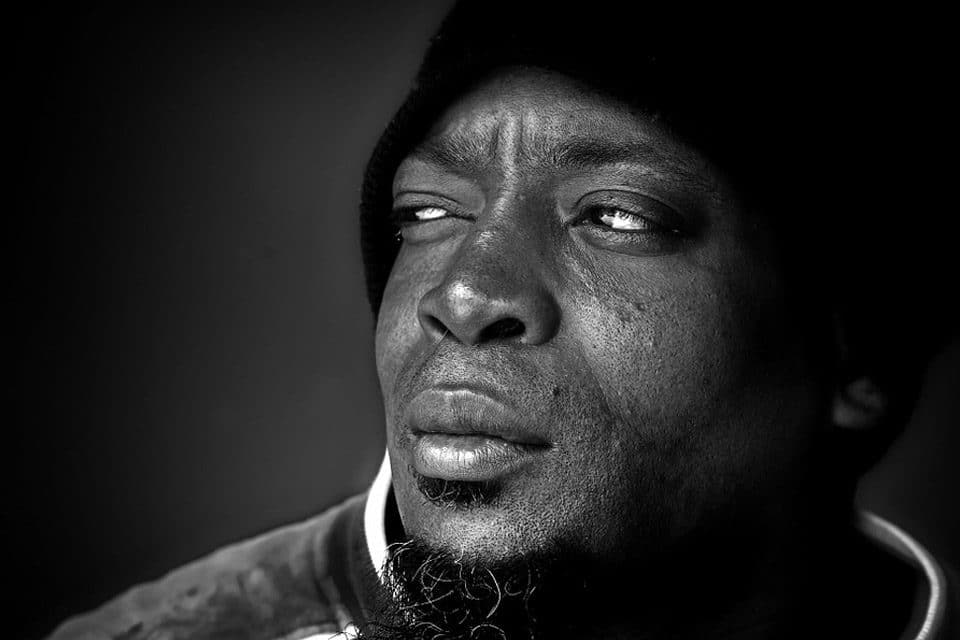
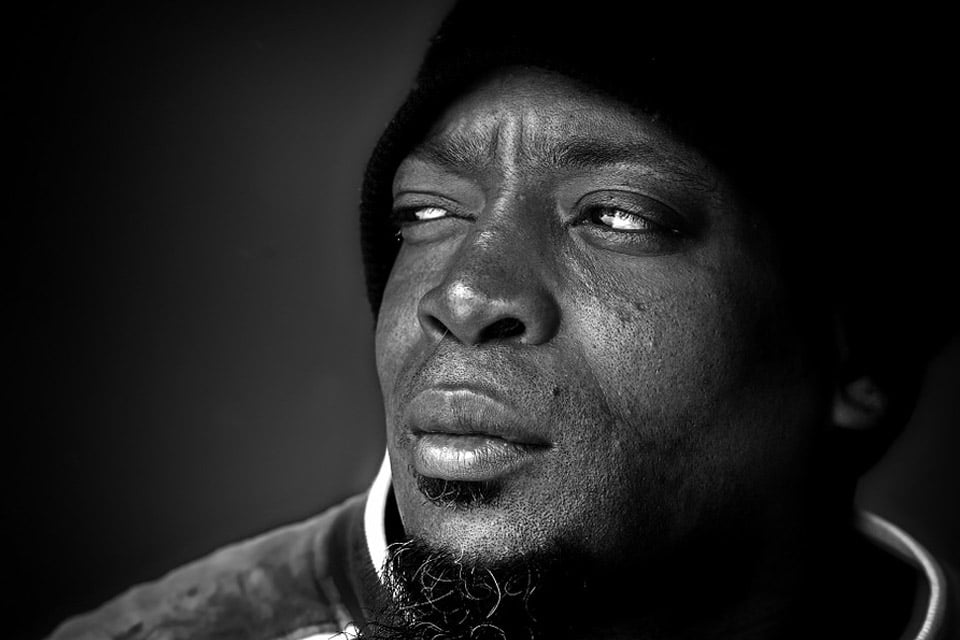
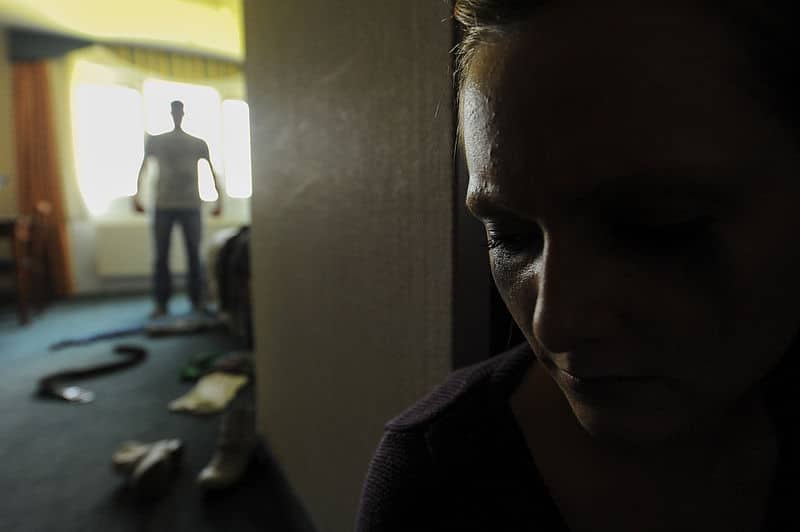
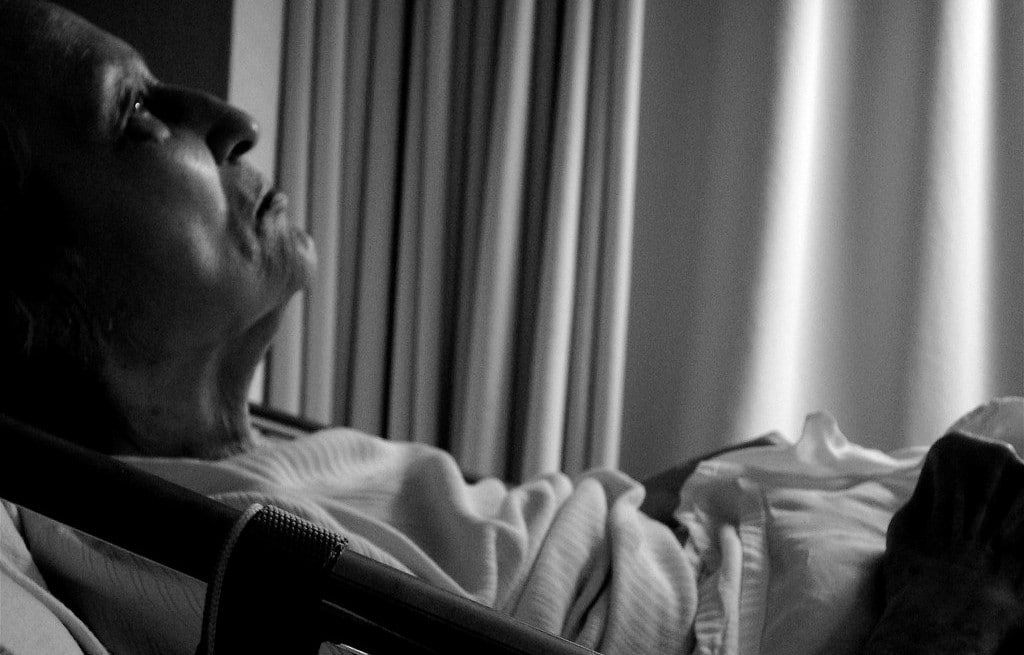
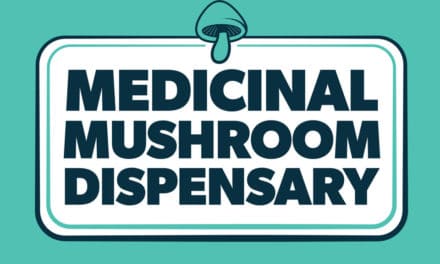
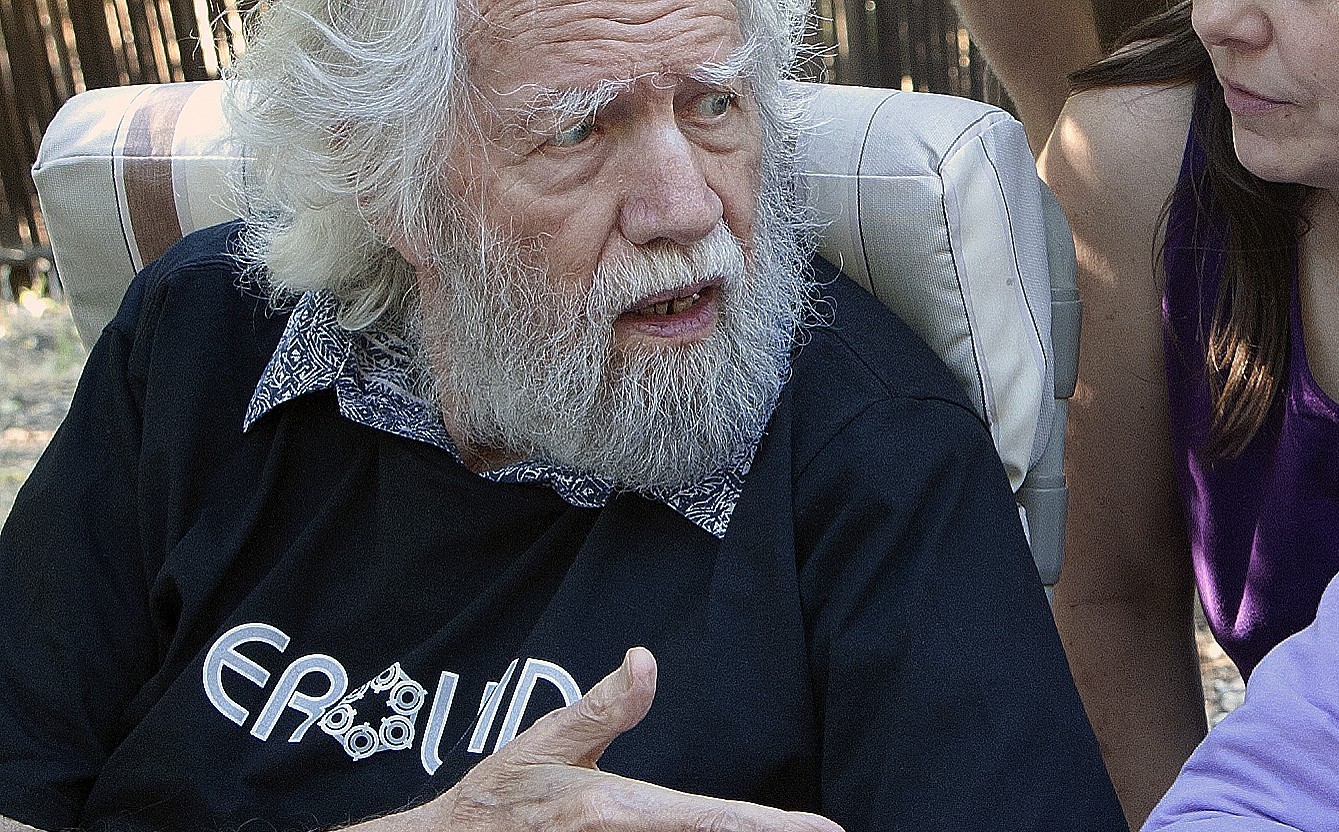





Treatment equality? We have to stop locking them up for trying to get better first. We’ll NEVER have equality if they want ‘doctors’ to control everything.